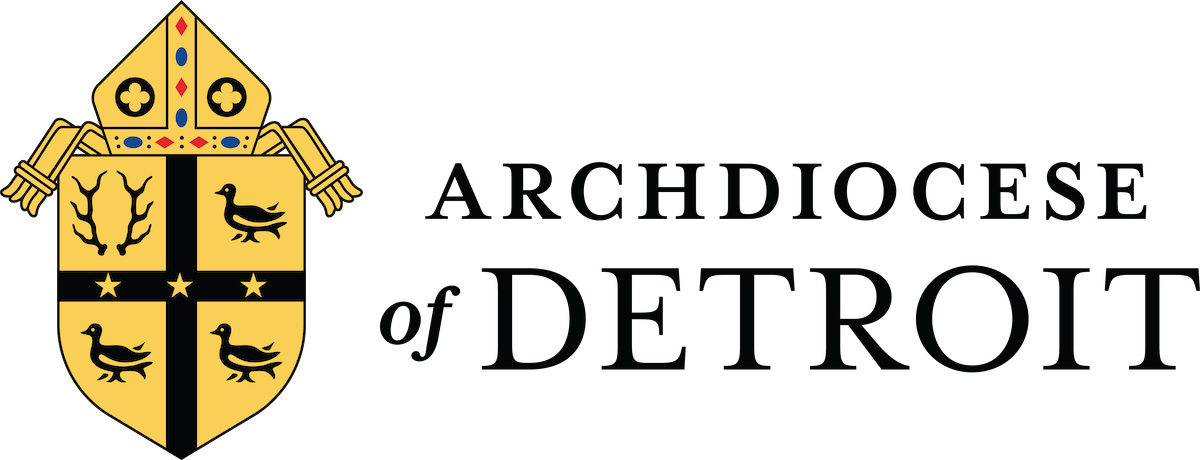Welcoming the Stranger
The Free Press' July 31 article "Faces of the Immigration Crackdown" should open the eyes of those who are passionate about upholding the dignity of all human persons. Immigrant families who have made a living in the United States, have paid taxes, have raised children and have contributed to the common good are facing significant hardships. Arrest, detention and deportation are far too common for tens of thousands of families who may be guilty of nothing other than finding a dignified standard of living in a country that has risen to great heights by welcoming strangers. America must be secure in this post-9/11 world; however, the immigration policy under which the federal government operates is antiquated, ineffective, and in desperate need of reform.
The nation's current policy has led to the arrival of millions of unauthorized persons and to the death of thousands of migrants attempting to cross the border in the American Southwest. It has meant the allocation of billions of scarce federal dollars to secure the nation's borders and led to an increase in the number of federal agents. Our nation certainly has the right to regulate its own borders to control immigration – but those borders must be regulated with justice and mercy, as people have a God-given right to migrate when necessary to sustain their lives and their families.
The Catholic Bishops in Michigan have deep concern about the lack of a consistent federal policy that addresses the common good for all peoples in the country. The federal government has the responsibility to enact and enforce laws that treat migrant peoples with the same dignity as its native-born citizens. There must be a concerted effort to find a pathway toward citizenship for undocumented persons who have contributed to the common good. The positive impact migrant communities have made in our country and especially in our state should be recognized rather than overshadowed by the small number of those who engage in illicit and unacceptable activities.
Legislation that seeks to reform immigration law is more common these days in state legislatures, including Michigan, than in Congress. The state's authority to enact its own legislation should be recognized – yet continued failure to enact comprehensive immigration reform at the federal level does not mean that the state should pursue policies more appropriately addressed by national immigration authorities and the United States Congress. Should Michigan policy makers debate immigration legislation, any proposed measure must strive to uphold the dignity of all persons and work against any injustice that would compromise the dignity of immigrants; promote and give priority to the reunification of families; and, recognize the rich contribution to the community by those immigrants and migrants who work and live here.
At the federal level, we encourage Michigan's congressional delegation in Washington, D.C. to contribute to federal efforts that seek to fix the nation's immigration system. Comprehensive immigration reform will make our nation safer, as government authorities will be able to identify who is coming into the country. Except for Native Americans, we are all descendants of immigrants or are immigrants ourselves. Immigrants have helped build the great nation we enjoy today. The truth of the matter is that today's immigrants are no different than previous generations. Like most good citizens, they come to work hard and to support their families, not to take public resources or commit crimes.
Immigrants are contributors to our economy and helpful to our local communities. Global anti-poverty efforts and other types of economic policies should also be pursued in order to reduce and eliminate the very reasons why persons migrate in order to survive.
Utilizing the public policy resources of the Michigan Catholic Conference, my brother bishops and I just published an open letter on immigration— Welcoming the Stranger. We titled the document after a passage from the New Testament: I was a stranger and you welcomed me (Matthew 25:35). We pray that people of good will, regardless of their religion or politics, will join us in our advocacy that believes every person, regardless of his or her status, is deserving of human dignity. It is the American cultural and legal tradition to guarantee that dignity to all persons.
n/a

